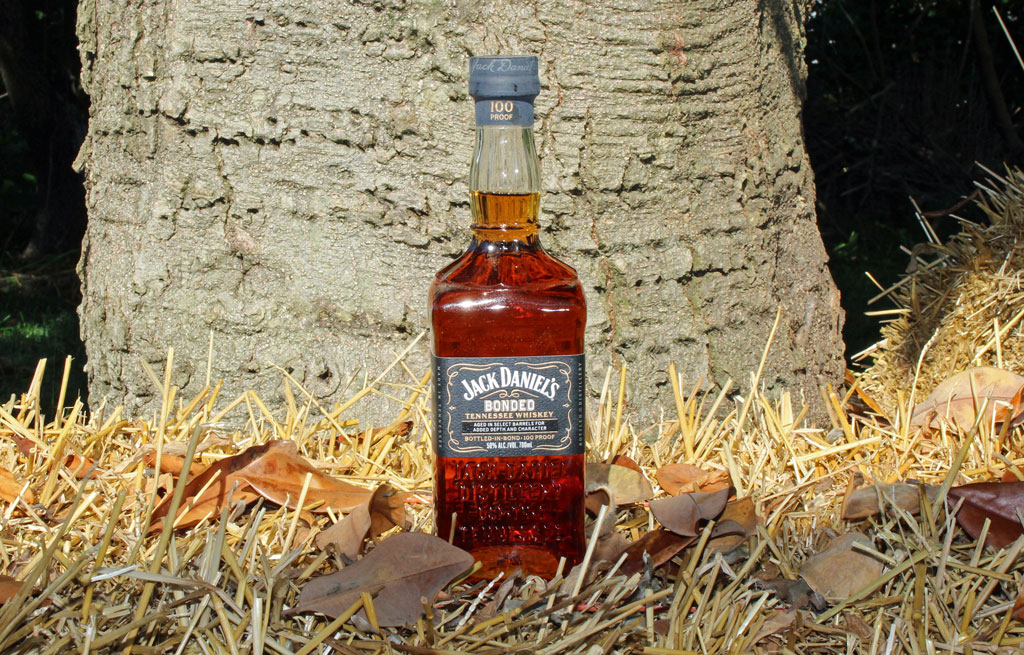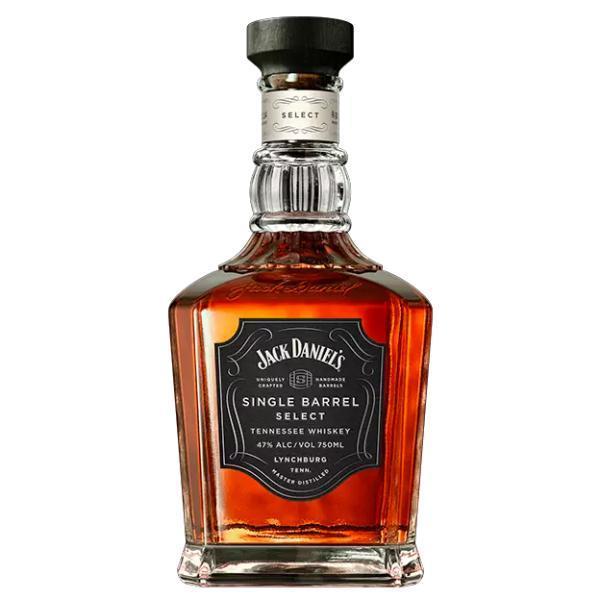The Tennessee Whiskey Backslide
By Richard Thomas

something more.
(Credit: Wikimedia Commons)
A meme that was a fixture both in bar arguments and with some grumpy commentators was denying there was any such thing as Tennessee whiskey. “It’s all bourbon, and nothing more than bourbon,” they would say.
Then came the attempt by British drinks giant Diageo to overturn Tennessee’s 2013 state whiskey law., which defined Tennessee whiskey essentially as bourbon made using the Lincoln County Process (maple charcoal drip-filtration) and aged in the state. An argument among Americans about American whiskey was one thing, but having the British come meddle revived a current of 19th Century-style Anglophobia. For a time, the naysayers either fell silent or fell in behind the new state law and its concept of Tennessee whiskey. As I found myself explaining to people from other Scotch companies at the time, Diageo really put their foot in it, because they had turned all of the domestic critics of Jack Daniel’s and Tennessee whiskey against them.
But that was six months ago. Now that the foreign threat to an American whiskey definition has faded, the naysayers have begun to reemerge and return to their original stance, untroubled by a double volte face within the space of only half a year. Yet they seem to have also missed that they have completely, irretrievably lost their argument: Tennessee whiskey is permanently, firmly defined and established, and no amount of croaking will change that.
All The Fuss
The naysayer declaration was and is that there is no such thing as Tennessee whiskey because all of it is merely bourbon according to Federal law. In the narrowest sense that statement is correct, and if the argument ended there the naysayers would be right. Their problem is that the argument never ended there, and when Tennessee passed their state law in 2013 their case was destroyed.
No one who actually understands how whiskey is made has ever seriously argued that Tennessee whiskey isn’t bourbon. They have instead argued that because of the Lincoln County Process it is a major regional variant, and arguably the most significant distinction within bourbon. In this respect, the naysayers routinely directed their case not against the educated, contrary point of view, but against the clueless and contrary one.
“But the Lincoln County Process isn’t recognized under the law,” the naysayers crow. That was true until last year, but no longer. By passing their 2013 whiskey statute, the state of Tennessee legally enshrined the Lincoln County Process. “But it’s state law, not Federal law, and Federal trumps state,” shriek the naysayers, like an increasingly shrill chorus. Sometimes true, sometimes not, and in this case utterly irrelevant. Tennessee is free to define such things for itself, so long as it does not nullify or contradict Federal law, and in this case the two laws are actually complimentary. It’s called “Federalism.” The naysayers should look it up.
Much Fury, Signifying Nothing
When Tennessee defined their state whiskey as using the Lincoln County Process, they closed the argument as the whether Tennessee whiskey existed and, if so, what it was once and for all. So long as that law stands, Tennessee whiskey is a distinctive regional variant on bourbon. The rest is just noise.
Yet the sad fact is that when Nashville passed that law, they drove only what were the final nails into coffin for the “Tennessee whiskey doesn’t exist” argument. Many food and drink types have major distinctive variants that are recognized within their communities, and yet go unsupported by any law or regulation or even a trade association provision. The Lincoln County Process was always one of these cases, even before it became a matter for the law books, and by denying it one has to wonder what the naysayers were fighting for.
Distinctions of this kind matter, and if you truly care about something they should matter a lot. They add a richness to a thing and give it character. If an extra technical process like maple charcoal drip-filtration doesn’t matter, then what about mashbill variants such as wheated, high corn, high rye and four-grain? If the logic is carried to its natural conclusion, they must be even more meaningless.
Saying Jack Daniel’s and George Dickel are “just bourbon, nothing more” diminishes not just Tennessee whiskey, but bourbon too. Keep that in mind the next time you see someone saying “Tennessee whiskey doesn’t exist, it’s all just bourbon.”




